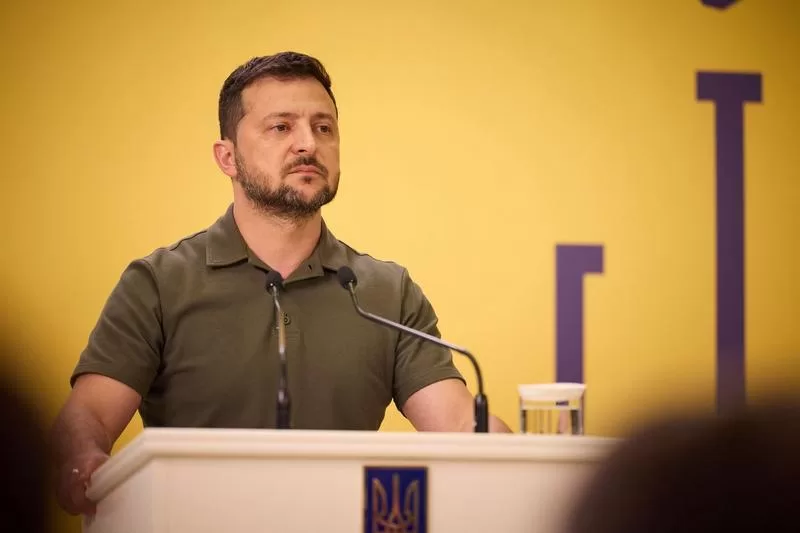Everything that is part of the life, beliefs and efforts of human societies ends up leaving its mark on their languages – “language is the archive of history”, wrote the American philosopher and poet Ralph Waldo Emerson– and affect the ways of expressing their speakers and being “installed in the world”, to put it in the words of martin heidegger.
The early evangelization of the inhabitants of Hispania, whose beginning dates back to the apostolic age (1st century AD) – let us think of James the Zebedee and, possibly, also in Saint Paul–, had far-reaching repercussions in the different manifestations of linguistic activity, either creating new words, or giving new meanings to existing ones.
The new evangelical realities
From the outset, we had to start by naming the new realities announced by the evangelical message: Messiah either Christ, apostle, bishop, baptism, mass, sunday, easter, church, penance, angel, demon, cemetery…
Anthroponymy, with new names stack (baptismalof course) that spread, underwent an important change, and even the same toponymy: names of cities such as Santiago either Santa Cruz, Santa Fe, San Juan, San Jose, San Francisco, San Antonio, Los Angeles, La Pazthen transplanted to America.
There is hardly any sphere of life in which he has not left his mark, and not only through the language, faith and way of life of Christians: calendar, festivities and vacations, buildings, greetings and farewells, patrons, pilgrimages, gastronomy, etc.
Proverb of Christian origin
And, as it could not be less, the characters and events of the sacred books – both the Old and the New Testament – became part of the idiomatic heritage of walking around the house.
To cite only people or events associated with the commemorations that are celebrated on these days, emblematic comparisons such as be someone faker than judas, cry like a cupcake either be happier either happy that a few easters; statements or phrases like walk either go from Herod to Pilate (to go from bad to worse in a matter), handwashing (like the Roman governor just quoted), be made a ecce homo, to assemble either mount the candle, drink either drain the chalice, be _someone a cyrenean (person who helps another in some drudgery job), or a barabbas (bad, mischievous, wayward person), make a mess; words like Sorrowful, resurrection, hosanna, hallelujah, scribe, Pharisee; or interjections like by the nails of Christ! either holy easter!
The pains and the cross
To refer to what is expensive or causes us pain, the Spanish language provides phrases that include expressions such as Calvary either Golgotha, Gethsemane, Via Crucis and street of bitterness.
just for the word crosshe common dictionary of the Academies of the language registers more than forty expressions or locutions.
The Latin label of the cross (Iesus Nazarenus Rex Iudaeorum), reduced to initials INRI –the mother of all acronyms that would come along the centuries, particularly in these centuries of acronyms in which we live–, stands out in the widespread locution for more (either elderly) INRI.
Who is not familiar with the names of Emmaus, pilate, Veronica, Nicodemus either Joseph of Arimathea?
Some of the names that feature in the biblical accounts of these Easter celebrations are included as common names in the dictionaries of the language. For example, Herod He is a “cruel man with children”, Judas He is a “treacherous, treacherous man” cupcake is a “repentant or repentant woman of her sins” and Veronica It is used metaphorically for a set of bullfighting.
Learn about history and religion
The deficiencies in the linguistic competence of young people are rightly concerned. It is not necessary to, from easter to bouquetsremind us PISA reports or other similar. It is possible, on the other hand, that ignorance of the roots and traditions of our culture and civilization causes us less discomfort.
But you cannot separate language and culture; civilization and language has served as an expressive channel during centuries. In Western countries with a Judeo-Christian tradition, not knowing the values that have shaped their lives for centuries translates into linguistic inability. The same happens with the immense and rich world of the fine arts (architecture, sculpture, painting, music, literature), which becomes opaque, to a large extent, when the referents that we have been commenting on are unknown.
More reasons to ponder the importance of knowledge of history and religion? another rooster will tasteeither I would singto use another expression, taken from the Holy Week celebrations, if the contents (and not only the skills and abilities) were better attended to in secondary education.
Manuel Casado VelardeEmeritus Professor of Spanish Language, specialized in discourse analysis, lexical innovation, Lexicology and Semantics of Spanish, university of Navarra
This article was originally published on The Conversation. read the original.



